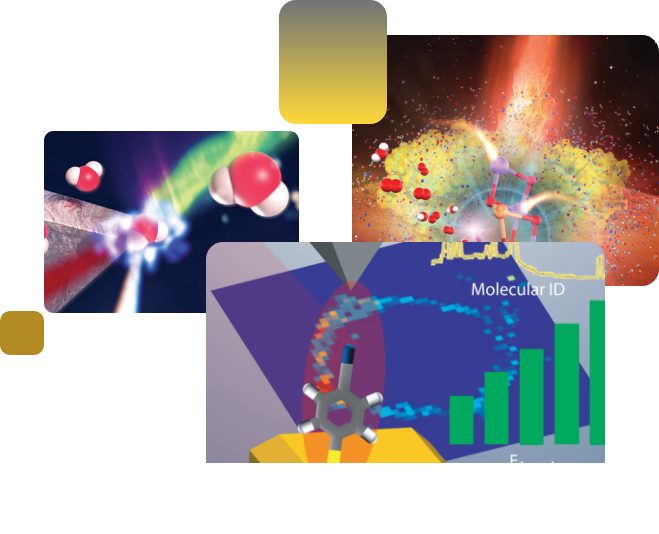Physical Chemistry
What is physical chemistry?
Physical chemistry deals with the principles of physics involved in chemical interactions. It examines:
- How matter behaves on a molecular and atomic level
- How chemical reactions occur
Physical chemists are focused on understanding the physical properties of atoms and molecules, the way chemical reactions work, and what these properties reveal. Their discoveries are based on understanding chemical properties and describing their behavior using theories of physics and mathematical computations.
Physical chemistry is a good area for chemists who have a strong curiosity about how things work at the atomic level and enjoy working with lab instrumentation and machines.
What do physical chemists do?
Physical chemists discover, test, and strive to understand the physical characteristics of a material (i.e., solid, liquid, or gas). Precision and attention to detail make their work somewhat similar to analytical chemistry.
They use sophisticated instrumentation and equipment such as lasers, mass spectrometers, nuclear magnetic resonance, and electron microscopes to:
- Analyze materials
- Develop methods to test and characterize the properties of materials
- Develop theories about these properties
- Discover the potential use of the materials
Physical chemists stress the importance of applying math on the job. They use mathematical analysis and statistics on huge datasets—sometimes with millions of data points—to reveal hidden information about compounds, materials, and processes. They may also conduct simulations, developing mathematical equations that predict how compounds will react over time.
Many who work in the lab say their time is divided between the bench and their desk, where they do calculations and review data. Physical chemists who go into management also spend time supervising other scientists, reviewing department needs and goals, and meeting with business managers in their companies.
Where is physical chemistry used?
The research performed by physical chemists is an increasingly small part of industrial research. Accordingly, fewer physical chemists are being hired by industry and government labs. Still, physical chemistry provides broad training and positions students to work in a variety of scientific careers, such as:
- Emerging fields of materials science and molecular modeling. Combining the traditional mathematical rigor of physical chemistry with the practicality of these fields offers new and exciting possibilities.
- Careers in analytical chemistry. Here, you’ll work to understand the fundamental processes involved in analytical techniques, and look for ways to enhance and expand them.





